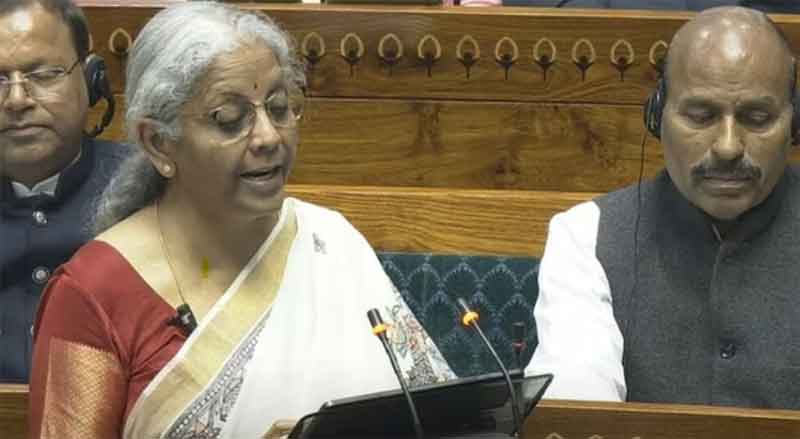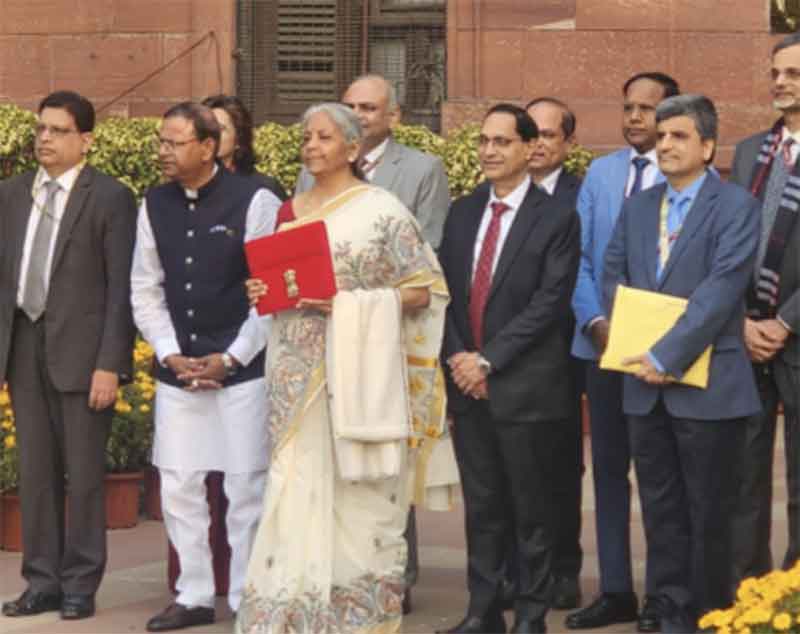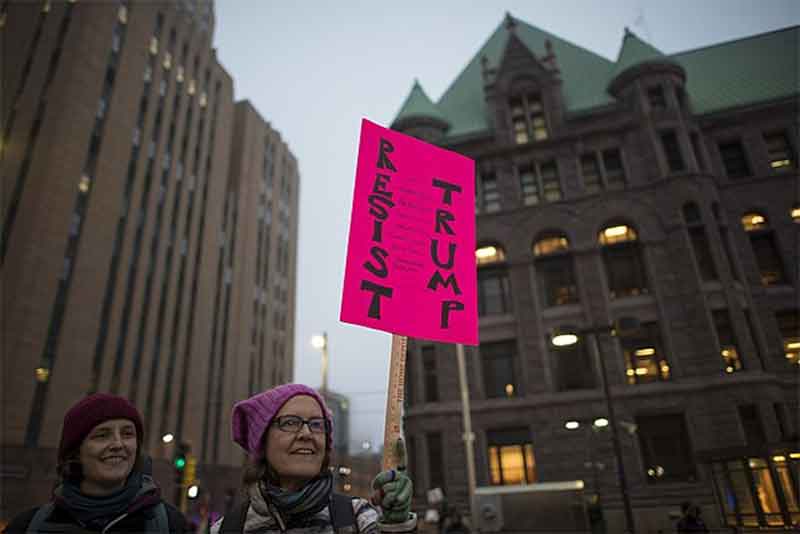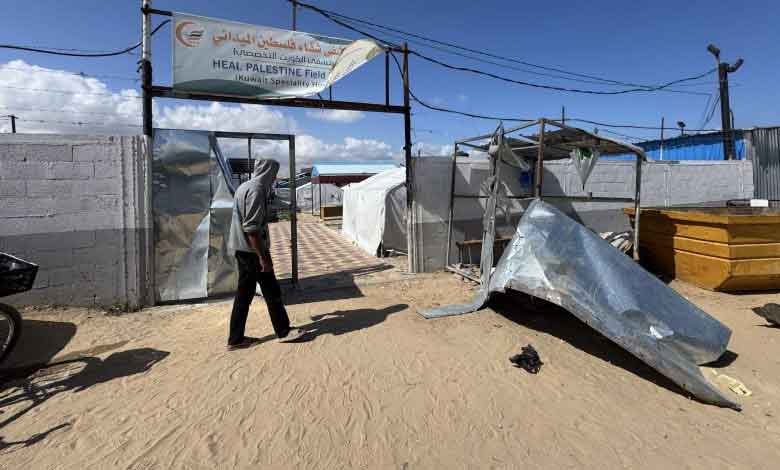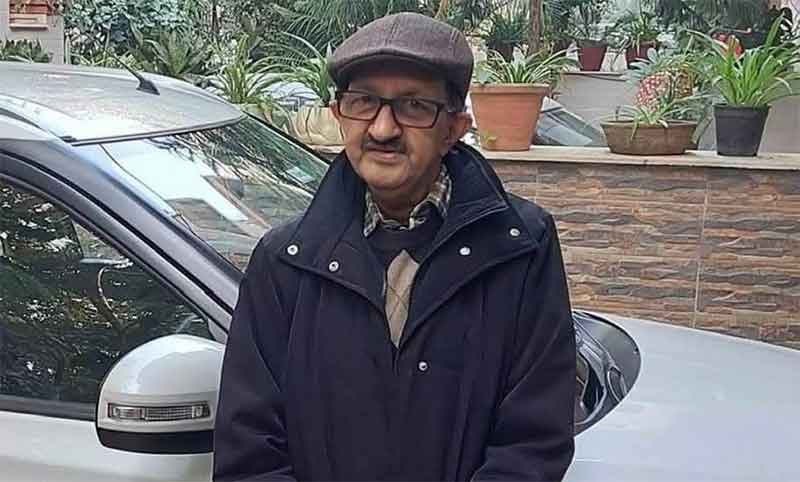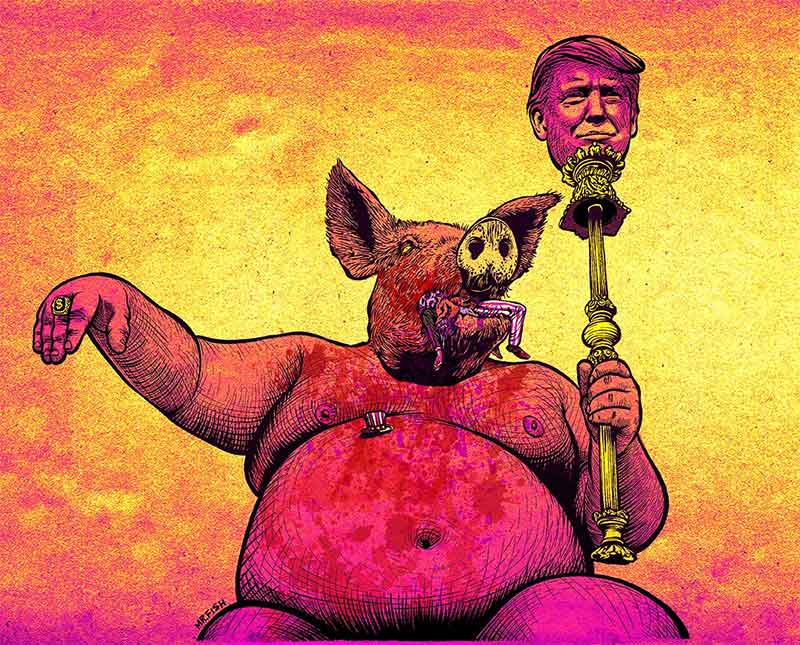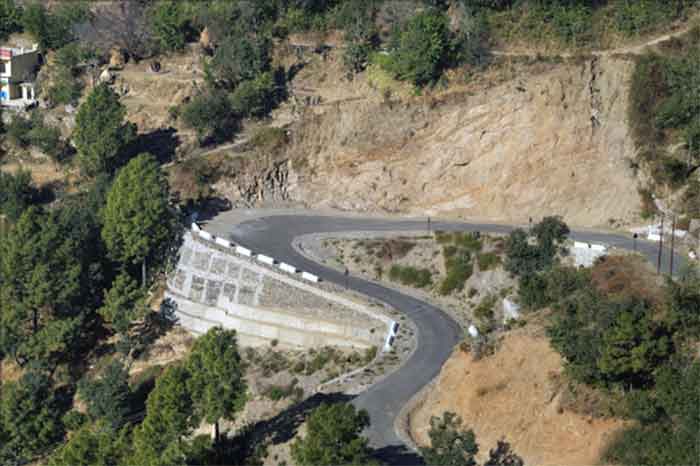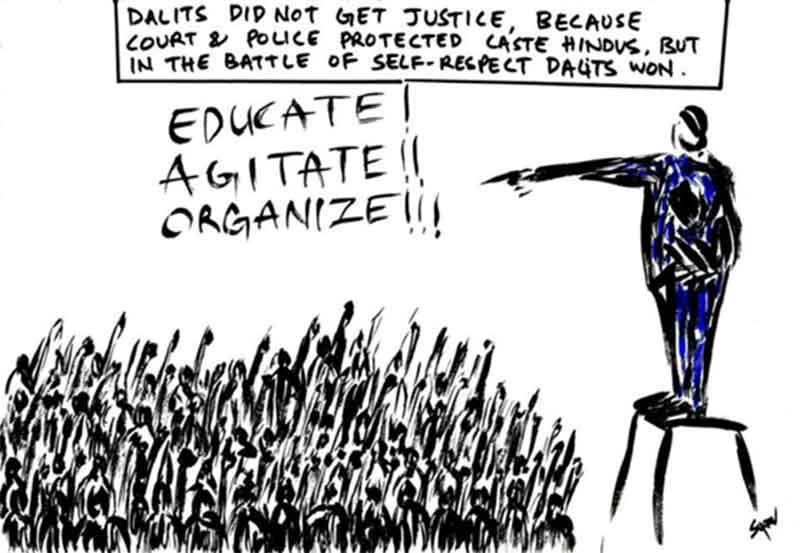
India finds itself at a pivotal moment in its economic journey. As the world’s fifth-largest economy, the country confronts the dual challenge of sustaining growth while tackling the structural inefficiencies that have hindered its development. The Union Budget for the upcoming fiscal year must act as a blueprint for renewal, emphasizing growth, economic restructuring, and equitable welfare. However, a rising debt burden, stagnant employment opportunities, and a lack of transformative reforms overshadow the current economic landscape. This article explores the critical areas that the budget must address to revitalize India’s economic engine while also critiquing the shortcomings of the current Finance Minister and the credibility crisis facing regulation under the present government.
Despite the pressing need for comprehensive economic reforms, the current Finance Minister has failed to implement any substantial changes. The government’s approach has largely been lethargy, relying on ad-hoc measures that lack a cohesive long-term strategy. Critical reforms in key areas—including labour regulations, land acquisition, agriculture, welfare measures including education and public sector divestiture—have either been significantly delayed or inadequately executed. This inability to address structural constraints and bolster the overall financial stability of the country has diminished investor confidence and stymied sustainable economic growth. Stakeholders across various sectors are eagerly anticipating the Union Budget 2025. Based on extensive consultations, several priority issues have been identified that warrant attention in the upcoming budget.
The Growing Debt Burden: A Looming Crisis
India’s debt-to-GDP ratio has escalated to heights, estimated at approximately 83% of GDP. This precarious fiscal situation poses a significant risk to macroeconomic stability. Elevated public debt levels inhibit the government’s capacity to allocate resources effectively to essential sectors, including infrastructure, healthcare, and education. Consequently, the fiscal space is heavily restricted as interest payments on this debt consume a considerable share of government revenue, thereby limiting the potential for productive expenditure. To address this issue, the budget must focus on fiscal consolidation through strategic expenditure management and enhanced revenue mobilization. This approach may involve broadening the tax base, rationalizing subsidy schemes, and optimizing the efficiency of public spending mechanisms to ensure more sustainable financial management.
Tax Rebates for the Salary Class: Boosting Disposable Income
The salaried middle class has historically served as a critical pillar of India’s economy, significantly influencing both consumption patterns and savings rates. Nonetheless, the dual challenges of stagnant wage growth and elevated tax burdens have compressed their disposable income, resulting in weakened consumer demand. To address this issue, it is imperative that the forthcoming budget 2025 implements substantial tax rebates for salaried individuals, thereby enhancing their purchasing power and invigorating economic activity. Furthermore, a progressive tax framework is essential, one that alleviates the financial pressures on lower and middle-income groups while ensuring that higher-income earners contribute equitably to the fiscal system. This approach will promote inclusive growth and drive a more resilient economic environment. It would be advisable for the government to reduce the tax burden on the higher slab, i.e. 30 per cent category in group A services.
Employment Generation: A Priority for Inclusive Growth
India’s unemployment rate is a significant concern as the nation faces an unprecedented crisis in this area. Despite the optimistic narratives often portrayed in the media and accusations of ‘compromised data,’ the reality within the job sector is deeply troubling. The upcoming Budget 2025 should prioritize initiatives to create more job opportunities, particularly through targeted interventions in labour-intensive sectors such as manufacturing, construction, and services. Additionally, filling all vacant positions within the government and public sector undertakings is crucial as a matter of priority. Moreover, introducing a more generous credit facility for the youth could help alleviate the job market crisis. The Budget should also emphasize policies promoting entrepreneurship, skill development, and innovation, as these are vital for job creation. Furthermore, the government should stimulate private sector investment by offering tax reductions and implementing reforms to enhance the ease of doing business, thereby driving job growth and boosting economic activity.
Special Fund for the Education Sector
Education is the foundation for a nation’s development; however, India’s education sector faces significant challenges, including underfunding, inadequate infrastructure, and a shortage of qualified teachers. Modi govt has established the Higher Education Financing Agency (HEFA) to address university funding issues. Unfortunately, HEFA’s loan scheme tends to promote the privatization of higher education, compelling universities to increase their fee structures. The current state of Indian universities is concerning, largely due to insufficient support from the University Grants Commission (UGC) and the government. The budget must allocate special funds for the education sector, emphasising enhancing access to quality education, particularly in higher education and rural and underserved regions. Investment in digital infrastructure, teacher training, and curriculum modernization is essential to equip India’s youth for the challenges of the 21st century. A well-educated workforce fosters innovation, productivity, and economic growth.
Special Scheme for Farmers and the Agriculture Sector: Ensuring Rural Prosperity
Agriculture remains the primary source of livelihood for a significant portion of India’s population. However, the sector is plagued by low productivity, inadequate infrastructure, and vulnerability to climate change. The budget must introduce a special scheme for farmers, focusing on income support, access to credit, and investment in agricultural infrastructure. Policies that promote crop diversification, sustainable farming practices, and market linkages can enhance farmers’ incomes and ensure food security. Additionally, the government should prioritize the development of rural infrastructure, including irrigation, storage facilities, and transportation networks, to boost agricultural productivity and rural prosperity.
Transparent Tax Resolution System: Restoring Trust
India’s tax system has long been criticized for its complexity and lack of transparency. It is crucial for the upcoming budget to implement reforms that create a more transparent and efficient tax resolution system. By streamlining tax procedures, reducing litigation, and ensuring timely resolution of disputes, we can increase taxpayer confidence and improve compliance. A fair and predictable tax regime is essential for attracting investment and fostering economic growth. Tax authorities should be held accountable for frivolous litigation and the undue harassment of honest, compliant taxpayers. Additionally, reports of corruption, intimidation, and the unlawful misuse of power by income tax officials must be addressed, with appropriate authorities prioritizing the eradication of such corrupt practices.
Funds for Pollution Control Measures
Major metropolitan areas such as Delhi, Mumbai, Bangalore, and Hyderabad are facing momentous challenges related to air and water pollution, which pose serious health risks to their residents. It is crucial for the budget to allocate substantial resources for pollution control initiatives, including the development of green infrastructure, the promotion of renewable energy, and the enforcement of environmental regulations. Investments in public transportation, waste management, and clean energy are essential to mitigate pollution and enhance the quality of life in these cities. In recent years, the allocation of funds for pollution mitigation has been alarmingly low. It is evident that there is a lack of a concrete action plan from the union government to address recurring issues such as smog after Diwali, rampant vehicular emissions, and uncontrolled industrial fumes surrounding Delhi NCR. The upcoming Union Budget must prioritize pollution control measures and designate separate funds for different state governments. A cleaner environment is vital not only for public health but also for sustainable economic development.
Infrastructure and Real Estate Sector needs Attentions
The infrastructure and real estate sectors play a vital role in driving economic growth, offering substantial multiplier effects on employment and investment. However, these sectors face challenges such as regulatory obstacles, funding limitations, and sluggish demand. It is essential for the budget to introduce specific relaxations for the infrastructure and real estate sectors, including tax incentives, improved access to credit, and streamlined approval processes. Policies that foster affordable housing, urban development, and enhanced connectivity can rejuvenate these sectors and contribute significantly to overall economic growth.
Constitutional Scheme of Welfare State: Ensure Social Justice
The Indian Constitution establishes the framework for a welfare state aimed at achieving social and economic justice for all citizens. As such, the upcoming Union Budget must be strategically aligned with this constitutional mandate by prioritizing inclusive growth and social equity. Appropriate funding must be allocated to various ministries dedicated to supporting vulnerable populations, minorities, and marginalized groups. Historical funding trends highlight a concerning reduction; for instance, the annual budget for the Union Ministry of Minority Affairs decreased dramatically from ₹7,000 crore in 2010 to just ₹2,608 crore in 2023. Similar patterns are observable in the allocations for the Ministry of Tribal Affairs and the Ministry of Social Justice and Empowerment. To foster a just and prosperous society, it is essential to implement policies that effectively tackle poverty, inequality, and social exclusion. The government must ensure that the fruits of economic development are equitably distributed, particularly benefiting the most disadvantaged segments, including women, children, and marginalized communities.
SEBI’s Credibility Crisis: A Regulatory Failure
The Securities and Exchange Board of India (SEBI) is currently facing a credibility crisis under the present government, accompanied by allegations of regulatory capture and a lack of transparency. The disturbing corrupt practices, coupled with some conclusive findings regarding the current chief of SEBI, suggest a troubling collusion between the Union Finance Minister and the SEBI Chief. While the notion of quid pro quo cannot be dismissed outright, it raises significant concerns. Essentially, SEBI’s primary responsibility is to uphold regulatory ethics and implement best practices. If the leading regulatory body succumbs to corrupt activities, who will protect the interests of common investors and prevent wrongdoing in indices like NIFTY and BSE? Therefore, it is imperative that the upcoming budget addresses these issues by strengthening SEBI’s governance framework and ensuring its independence. A robust and transparent regulatory environment is vital for maintaining investor confidence and nurturing a dynamic capital market.
Conclusion: A Budget for Hope and Renewal
The forthcoming Union Budget 2025 presents a pivotal opportunity to redefine India’s economic trajectory. By tackling the escalating debt burden, offering tax relief to the salaried class, fostering job creation, and investing in education and agriculture, the government can establish a robust foundation for sustainable growth. While the announcement of the 8th Pay Commission is a positive move, the real challenge lies in adopting a rational fitment factor that serves the broader interests of central government employees’ welfare. Moreover, it is crucial to allocate funds for pollution control, ease regulations in infrastructure and real estate, and uphold the constitutional principles of a welfare state to ensure inclusive development. However, the government must also recognize its shortcomings and implement corrective measures to restore credibility and public confidence in its economic policies. Only by doing so can India unlock its full potential and emerge as a successful nation.
Dr Narender Nagarwal, Associate Professor, Faculty of Law, University of Delhi

